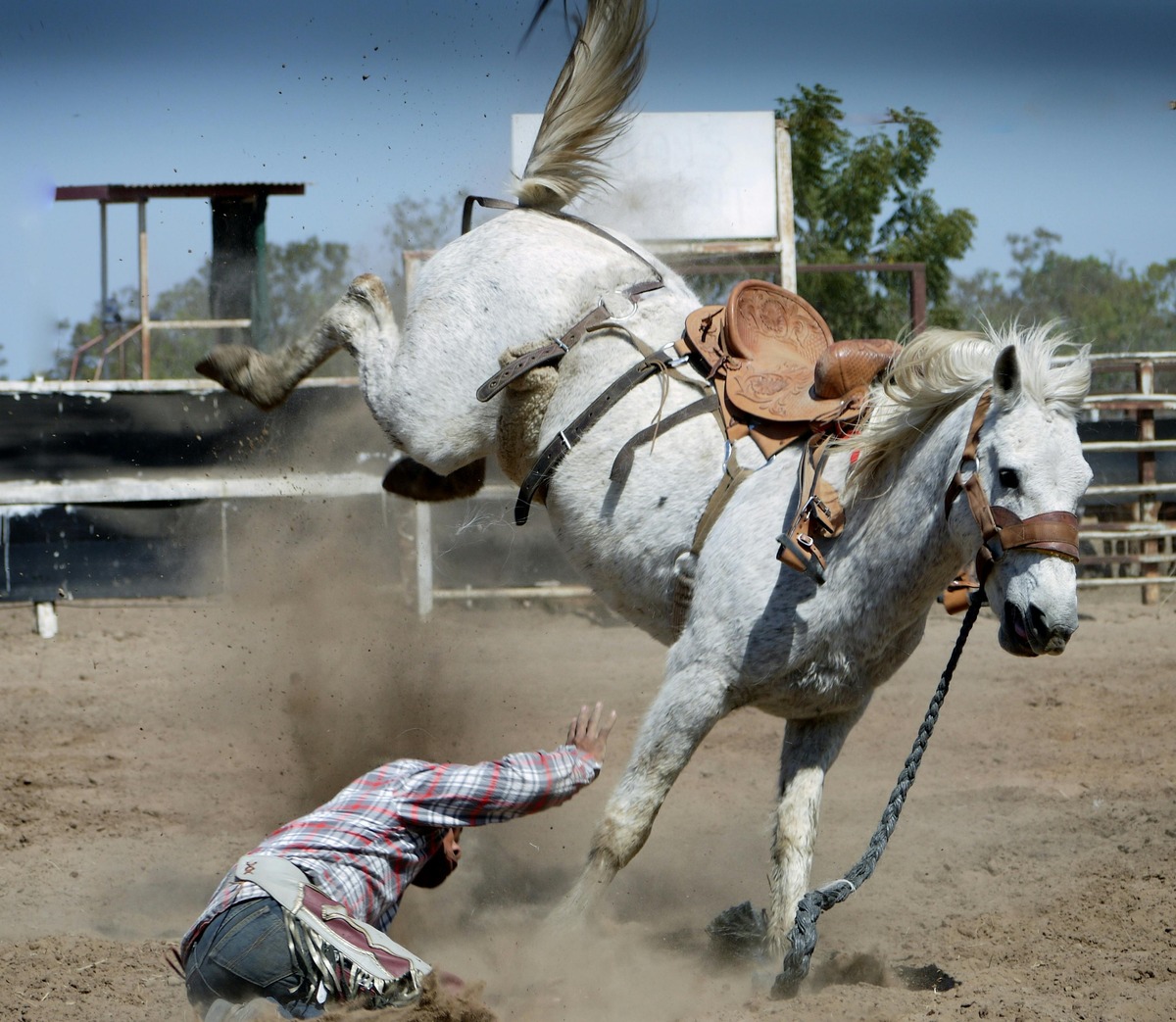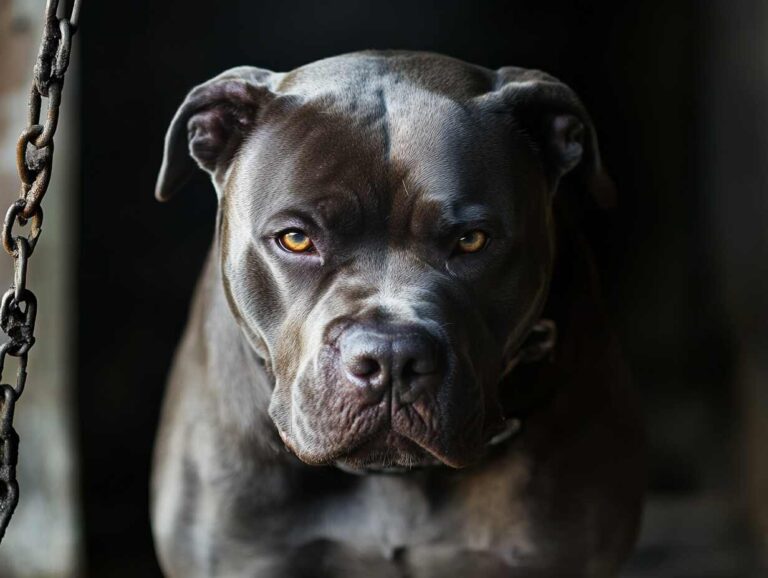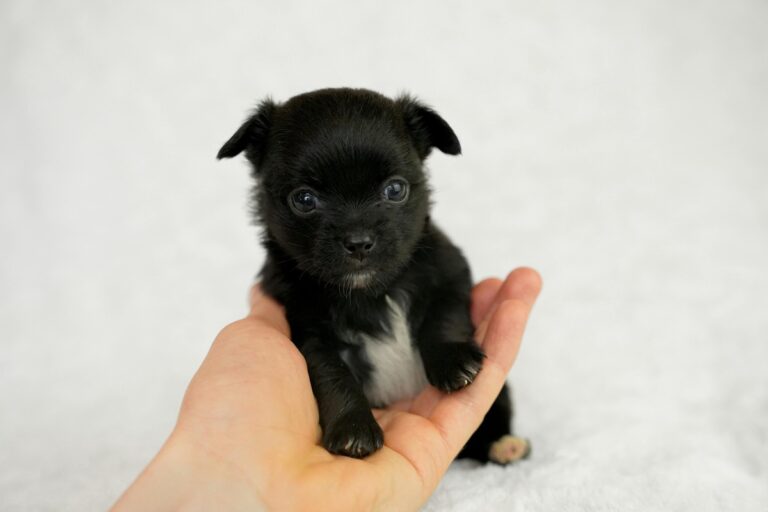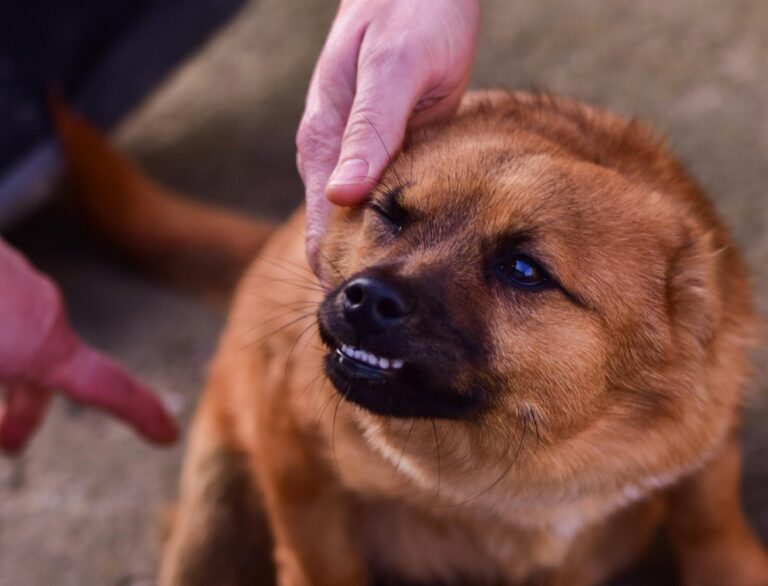Words That Horses Can Understand and Words That They Cannot
Horses are highly intelligent and perceptive animals that can form strong bonds with humans. While they don’t process language the way humans do, they can certainly understand and respond to a variety of cues, including words, sounds, and gestures. This makes communication with horses both unique and fascinating. Understanding which words horses can comprehend and which ones they cannot can help improve your bond and training sessions. Here’s a look at words that horses can understand and words they likely cannot.
Words That Horses Can Understand
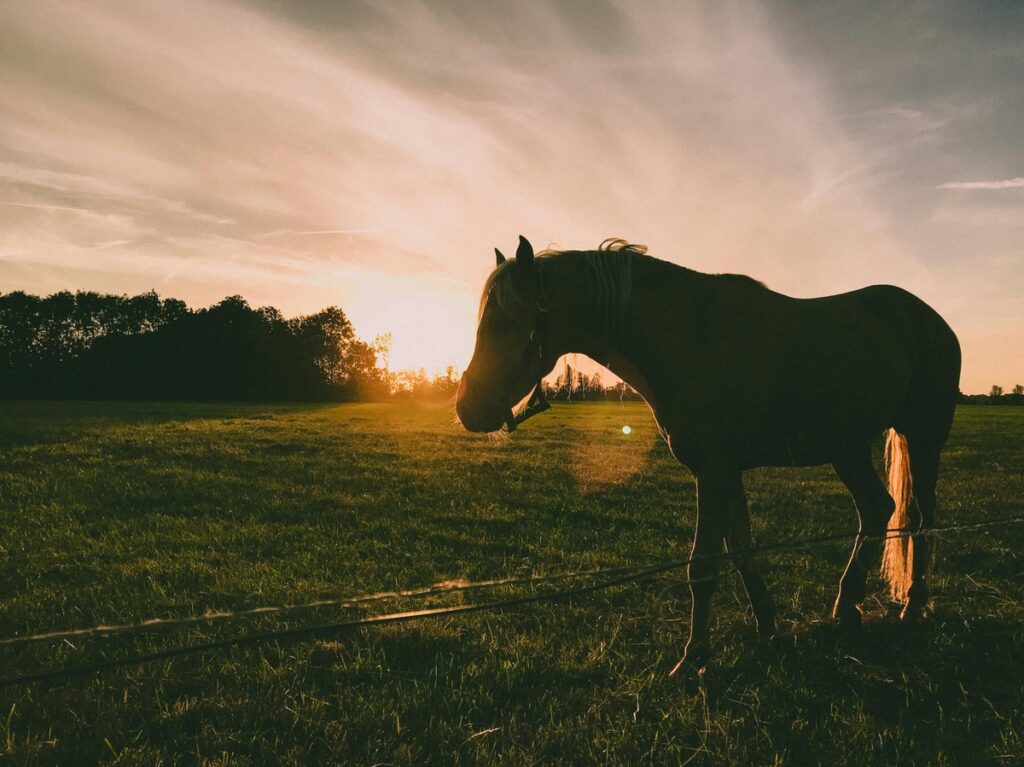
Horses may not understand human language in the same way we do, but they are highly responsive to consistent cues and commands. When training a horse, using positive reinforcement and clear commands can help them learn and respond to specific words or sounds. Here are a few examples of words horses can typically understand:
1. “Walk”
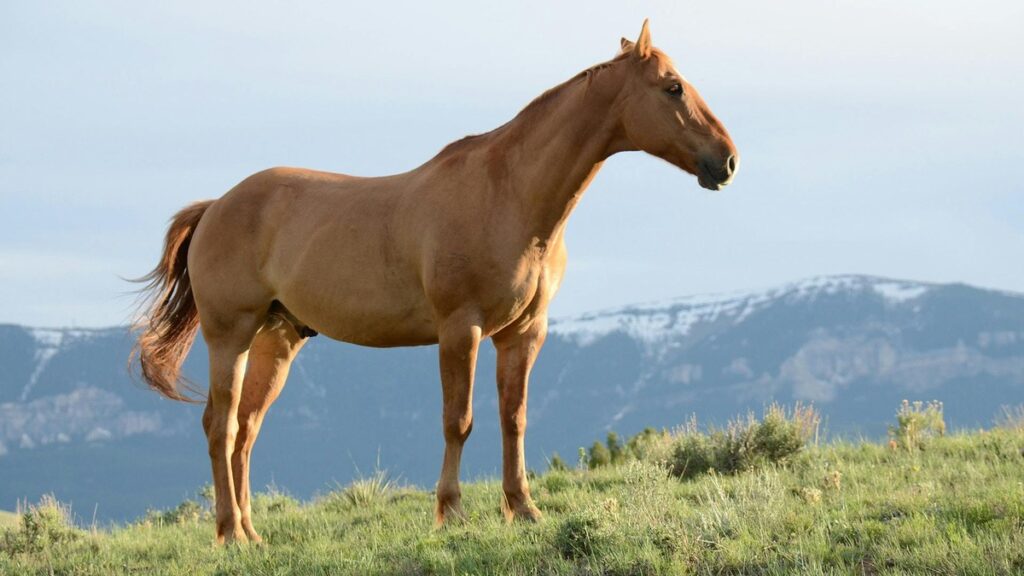
The word “walk” is one of the most basic commands that horses can understand. It signals them to move at a slow pace. When training horses, repetition is key, and associating the word “walk” with a gentle cue can help them recognize the command. This word is often used in various activities, including under saddle work, leading, and groundwork.
2. “Trot”
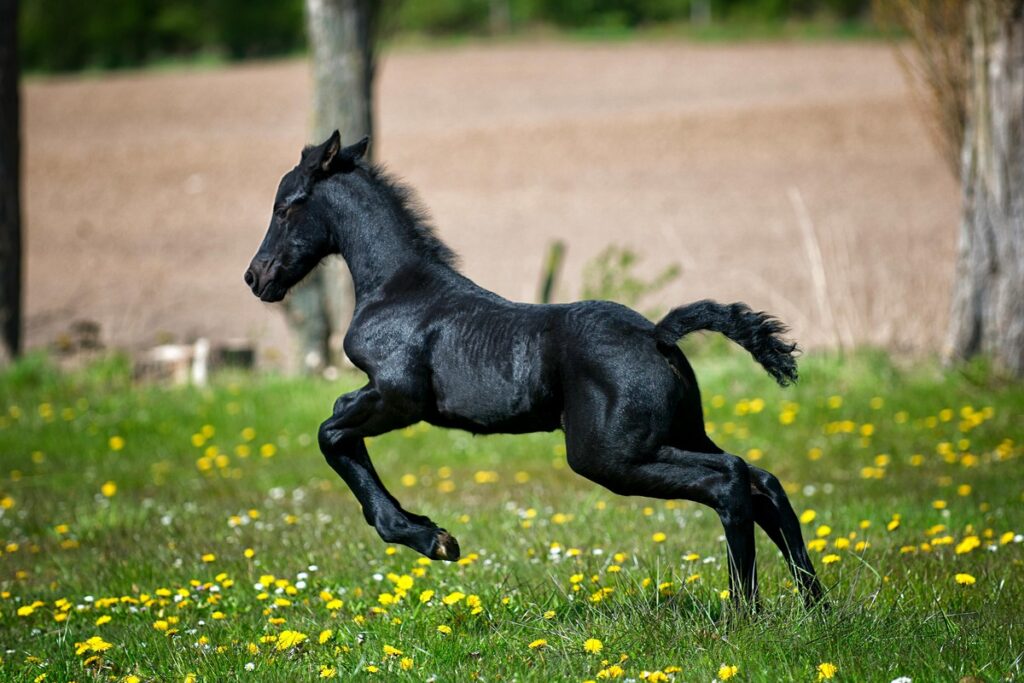
The command “trot” is another word that horses can easily understand. It signals the horse to increase their speed to a moderate pace. Horses learn quickly that this word means to transition from a walk to a trot, which is a two-beat diagonal gait. Like other cues, consistency and repetition are essential for effective training.
3. “Canter”
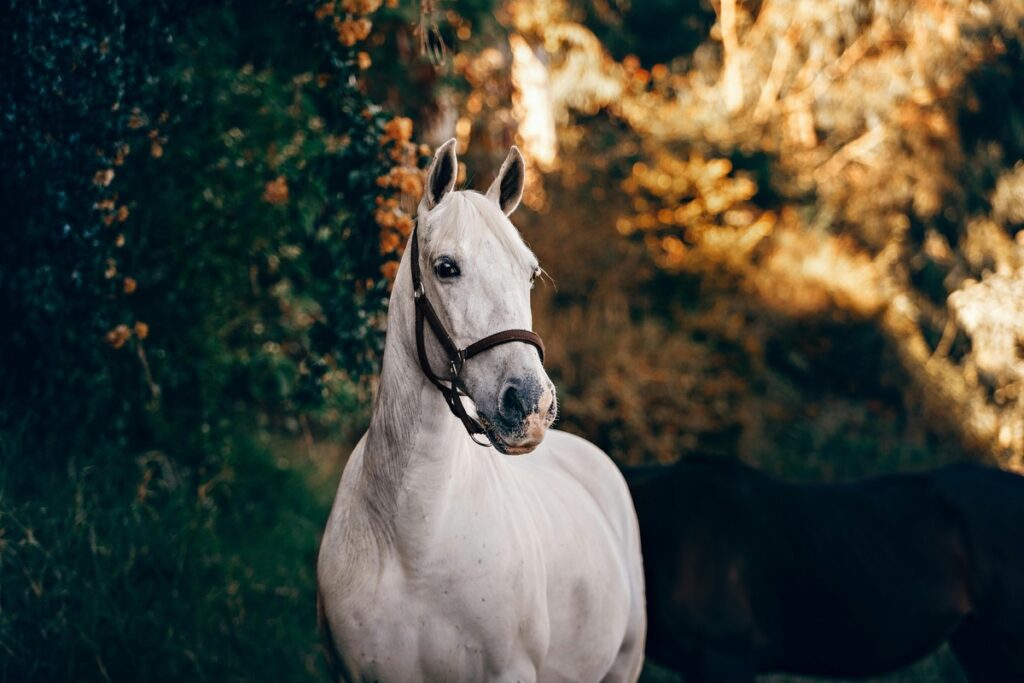
The word “canter” refers to a controlled, three-beat gait that is faster than a trot but slower than a gallop. Most horses can learn to respond to the command “canter” when trained properly. The word is commonly used in both saddle work and groundwork, and with consistent training, horses will easily recognize it.
4. “Whoa”
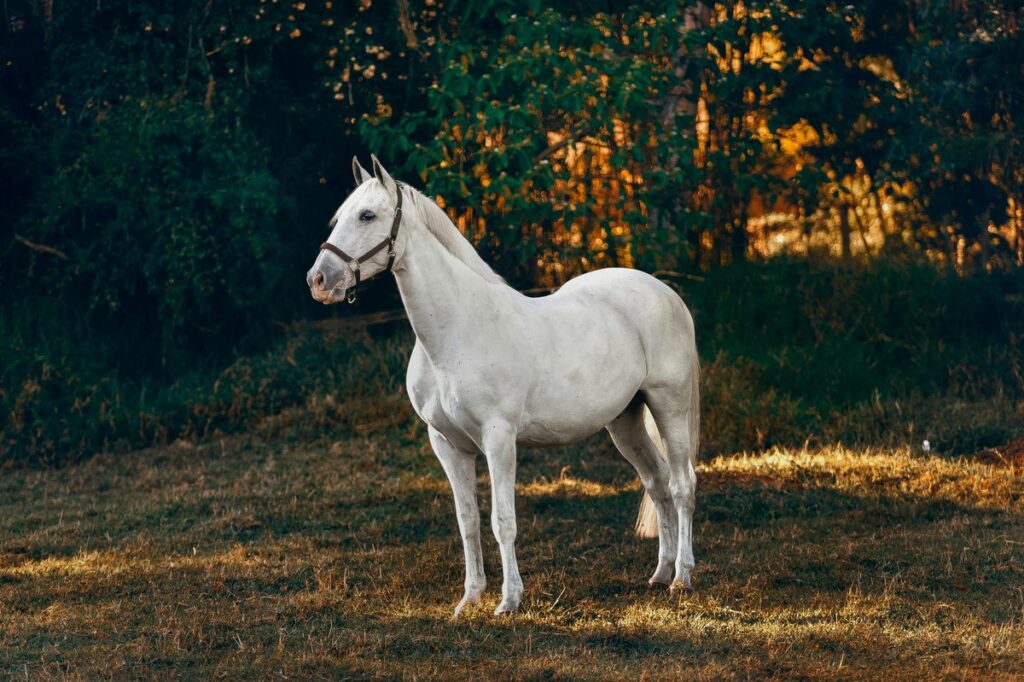
One of the most essential commands for horse training is “whoa”, which instructs the horse to stop or slow down. It’s a critical word that horses can learn and respond to quickly, especially when paired with rein pressure or a specific gesture. The word “whoa” is often used as a vocal cue when riding or leading the horse, helping ensure a safe and controlled experience.
5. “Good Boy/Girl” (or other forms of positive reinforcement)
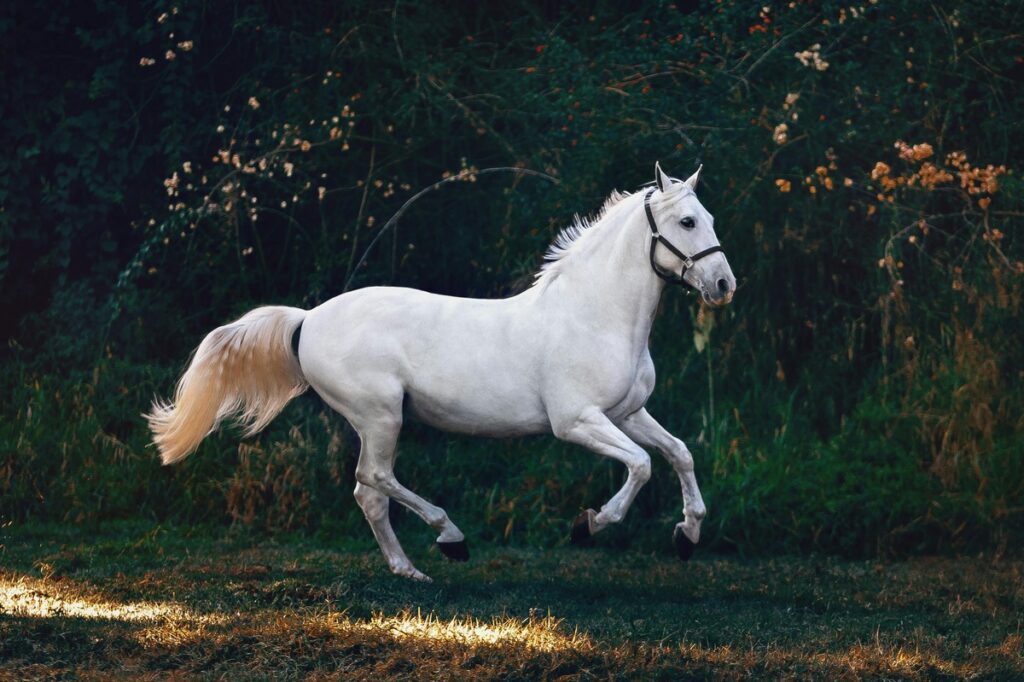
Horses can understand praise words like “good boy” or “good girl”. While horses may not understand the exact meaning of the words themselves, they quickly learn that these words are associated with positive reinforcement, such as treats, petting, or praise. This helps build trust and reinforces desired behaviors during training.
6. “Easy”
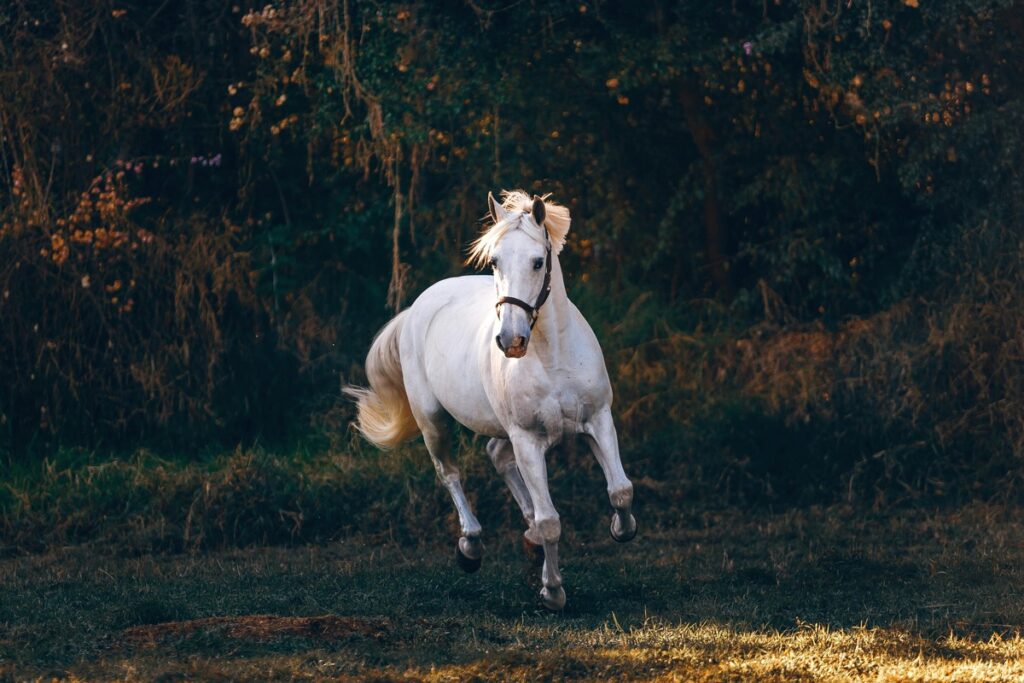
The word “easy” is often used in training and riding to signal a horse to relax or slow down. It’s typically used to calm an excited or agitated horse. When said with a soft and calm voice, horses begin to associate the word with relaxation and gentle behavior.
7. “Back”
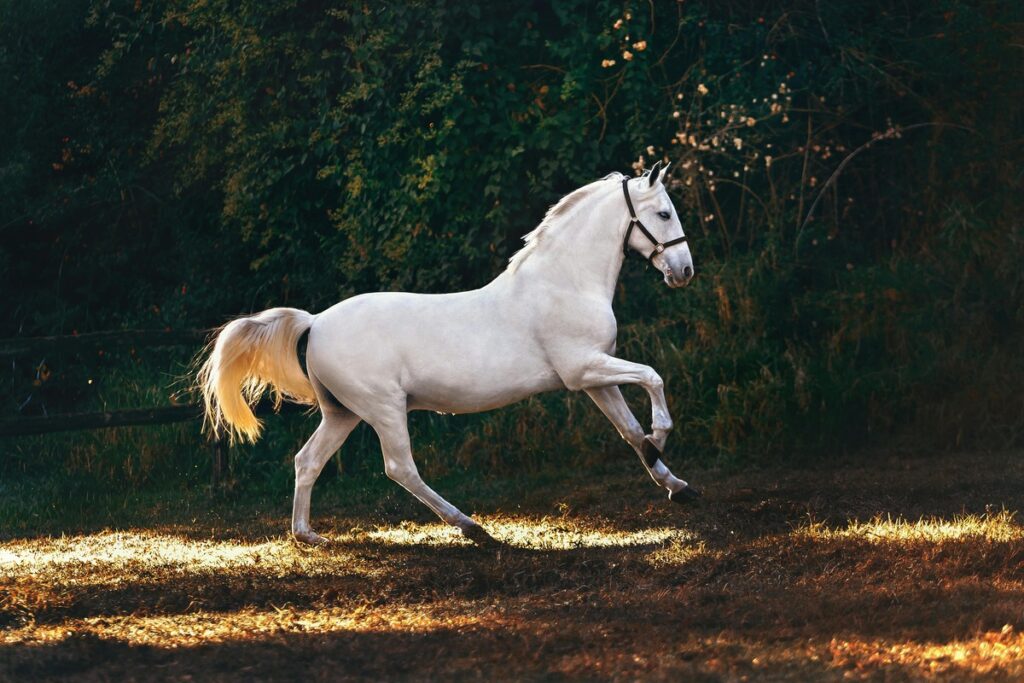
The command “back” is used to instruct a horse to move backward. It’s especially useful during groundwork and training, particularly when you need the horse to step back in a controlled manner. With repetition, horses can recognize the backward movement associated with this command.
8. “Stand”
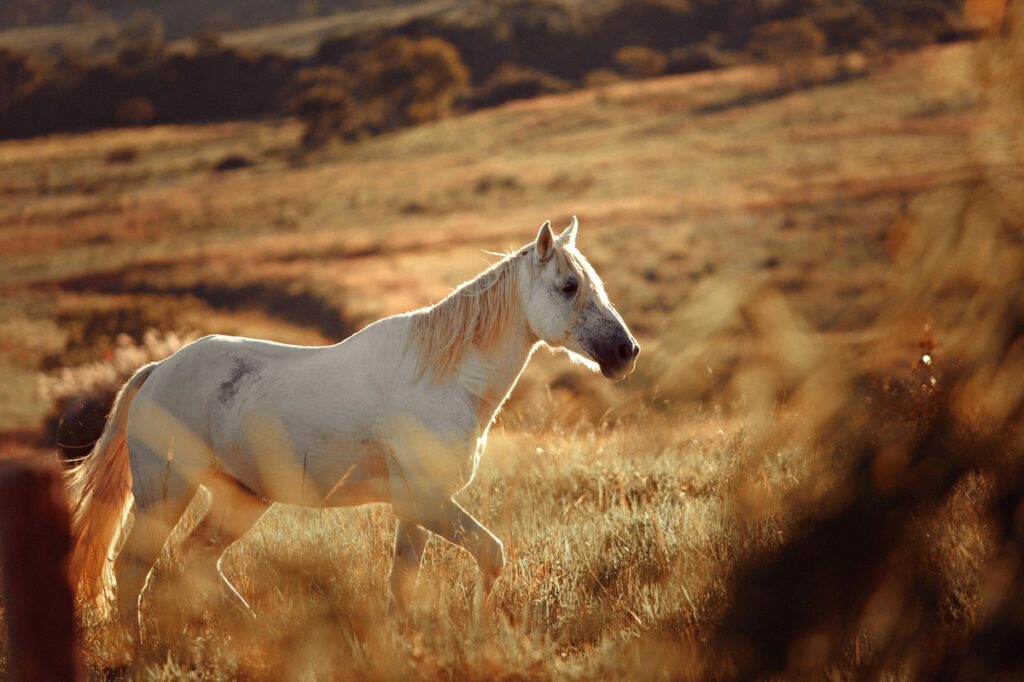
The word “stand” instructs the horse to remain still in place. It’s a useful command for both groundwork and when preparing for mounting or performing specific tasks. Horses quickly learn to associate this word with standing still, and it can help reinforce good behavior and calmness.
9. “Gait”
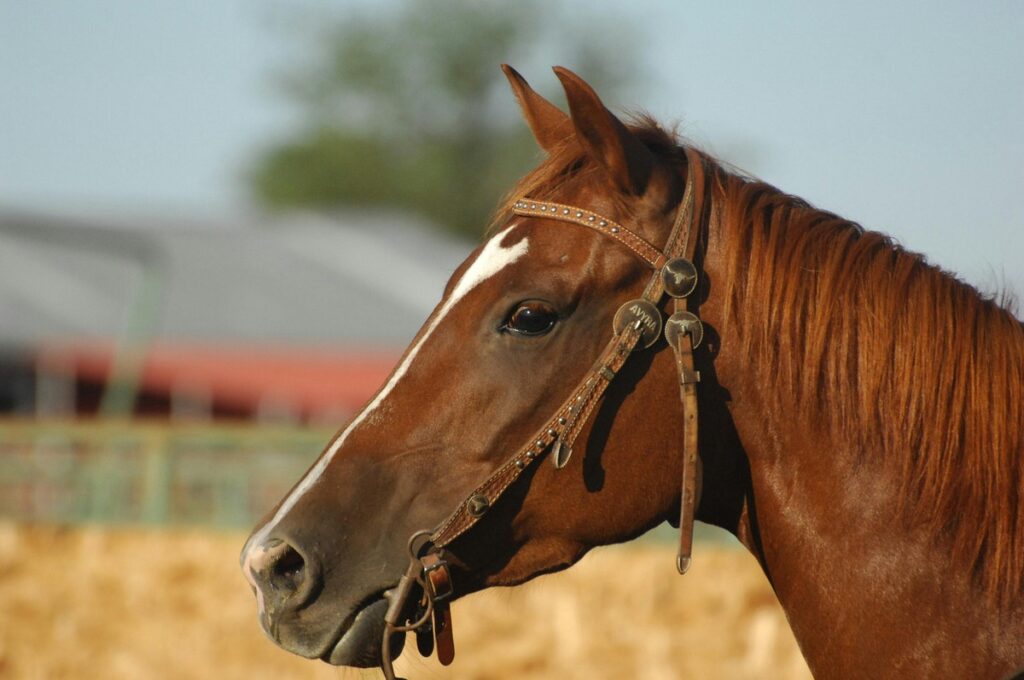
While “gait” isn’t necessarily a direct command, it’s used to describe the different types of movement a horse can perform, such as walking, trotting, cantering, or galloping. Horses can learn the difference between each gait and respond accordingly when a rider cues them.
Words Horses Likely Cannot Understand
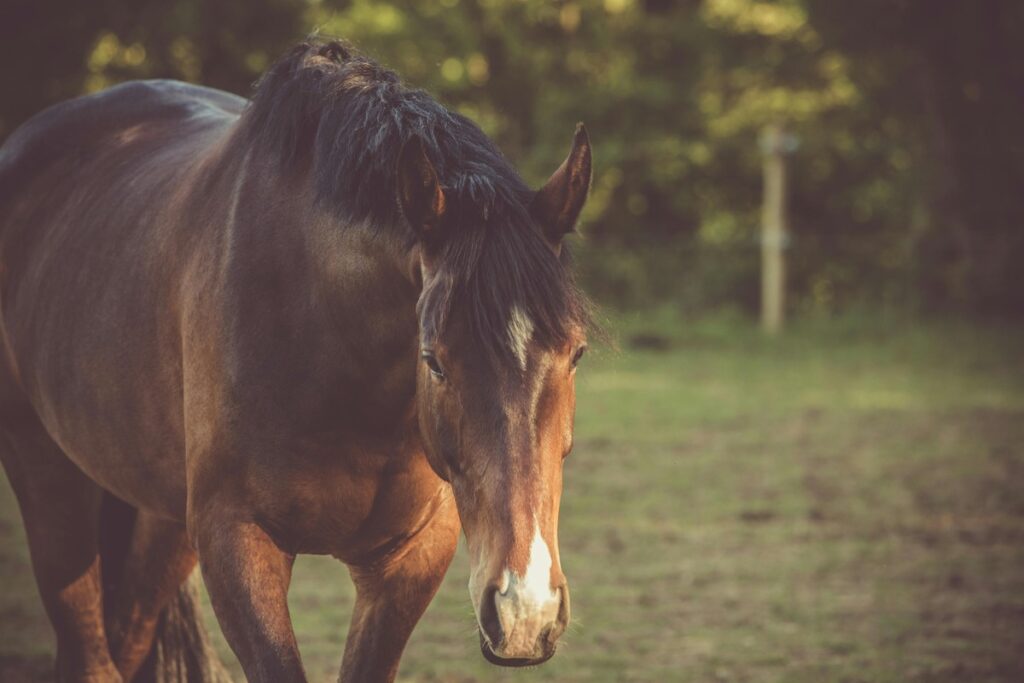
While horses are excellent at recognizing certain cues and commands, they are limited in their ability to understand complex human language. Here are a few words and concepts horses likely cannot comprehend:
1. Complex Sentences or Phrases
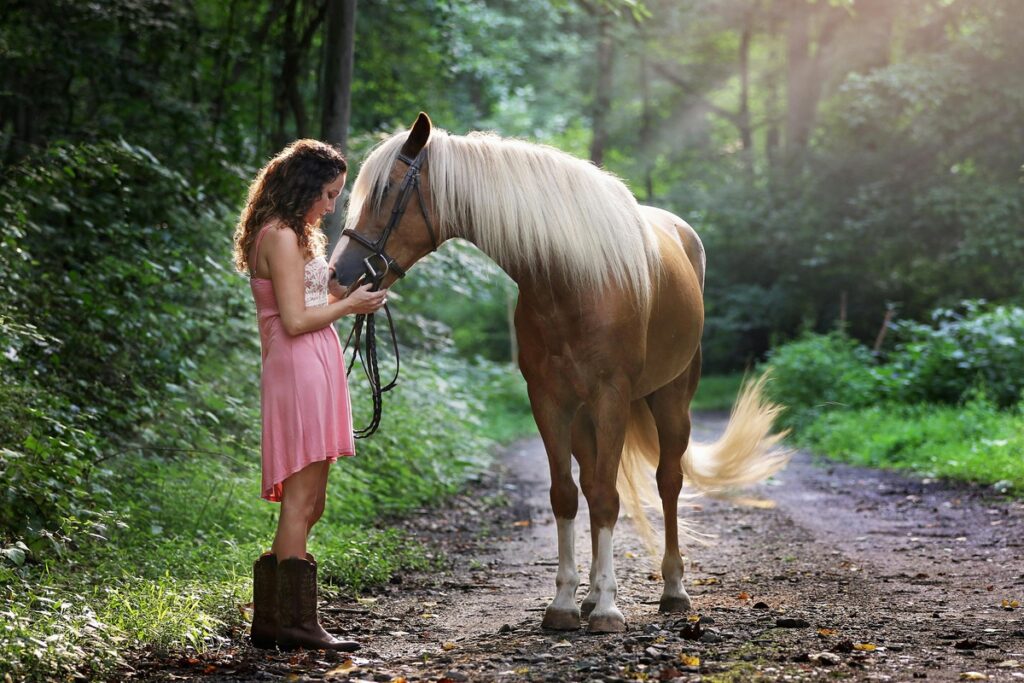
Horses can’t understand complex sentences or long phrases, such as “Let’s go for a gallop in the pasture today” or “You did a great job trotting earlier.” They are not able to interpret detailed instructions or nuanced speech. Instead, they rely on specific keywords, body language, and tone of voice to understand what’s expected of them.
2. Abstract Concepts
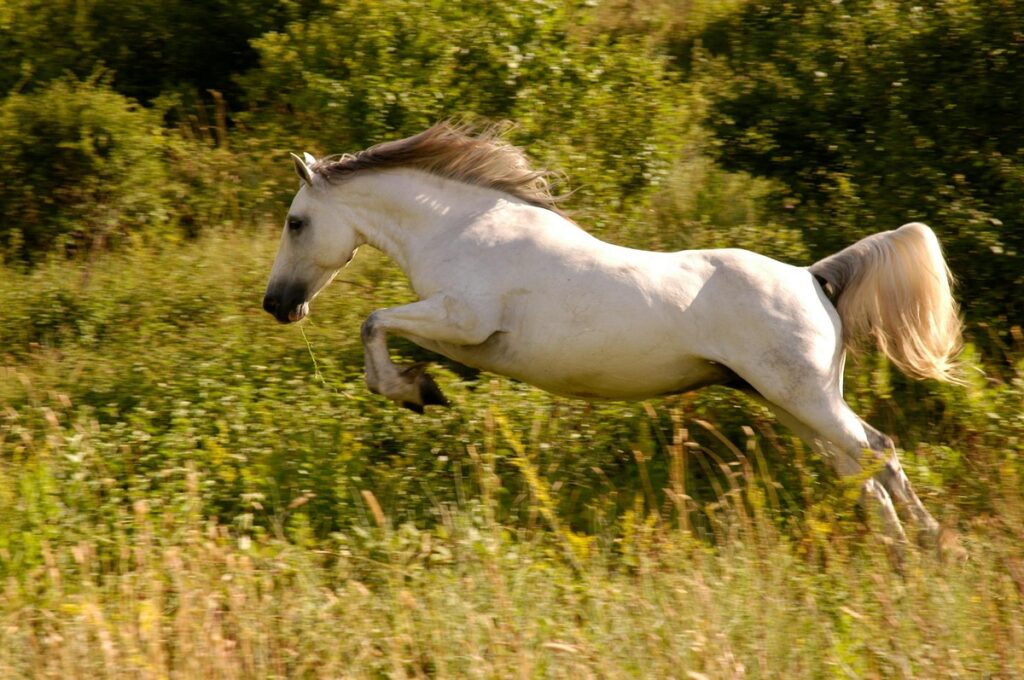
Horses are not capable of understanding abstract concepts such as “morality”, “time”, or “love” in the way humans do. While they can sense emotions and react to the tone and body language of their owners, they do not understand the deeper meanings of words like “love” or “kindness.”
3. Numbers or Quantitative Terms
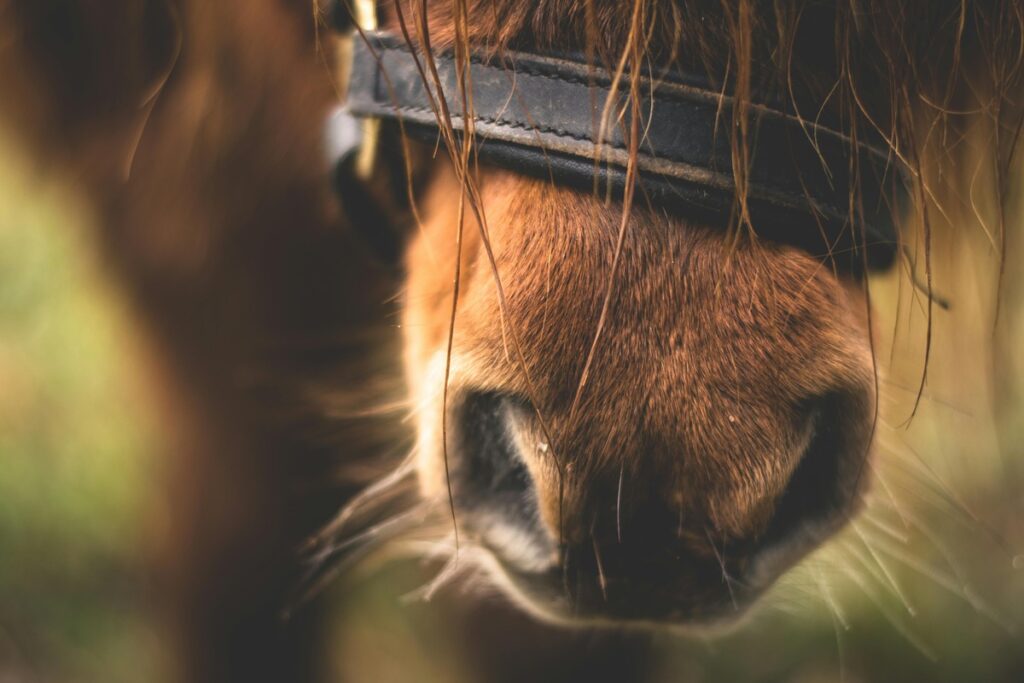
Horses are not able to comprehend numbers or any form of quantitative language. They do not understand words like “two” or “seventy-five,” nor can they grasp concepts of counting. Their understanding of numbers is limited to things like “more” or “less” when it comes to food or activities, but this is more based on experience than actual understanding of numeric value.
4. Detailed Descriptions or Explanations
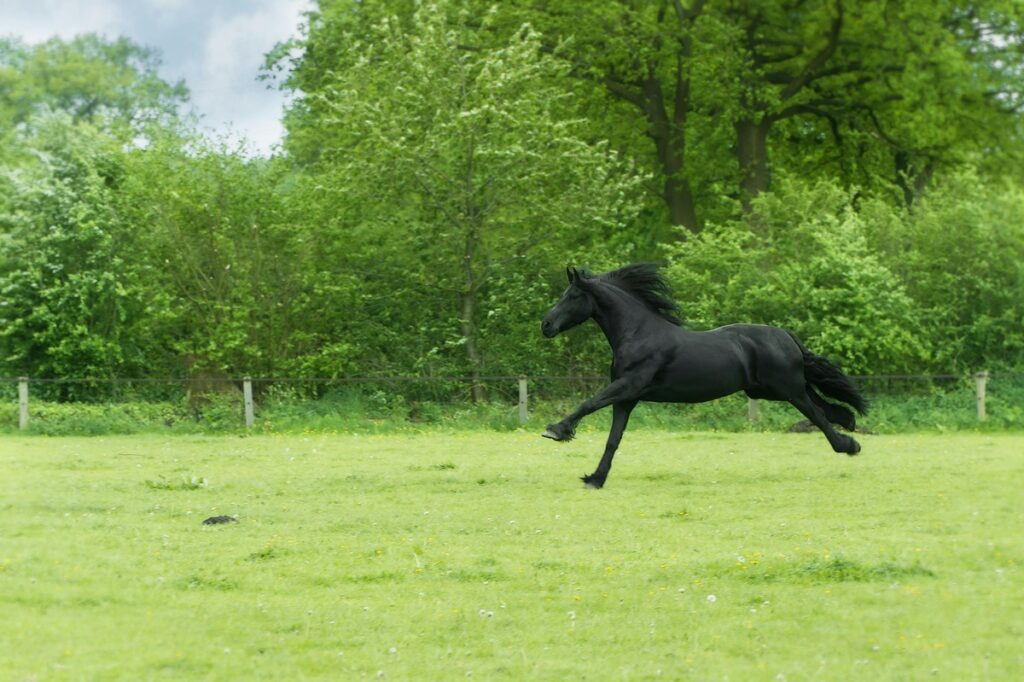
Horses can’t understand detailed explanations like “We need to do some trotting exercises to improve your muscle tone and stamina for the upcoming competition.” Instead, they respond to clear, short commands such as “trot” or “canter.” Long-winded explanations are beyond their comprehension.
5. Future or Past Events

Horses live in the present moment and do not have the ability to understand past or future events. They won’t understand phrases like “We will go on a trail ride tomorrow” or “Remember the last time we went to the park.” Their focus is on the immediate present, and they can only understand what is directly happening to them at the moment.
6. Words Associated with Human Concepts
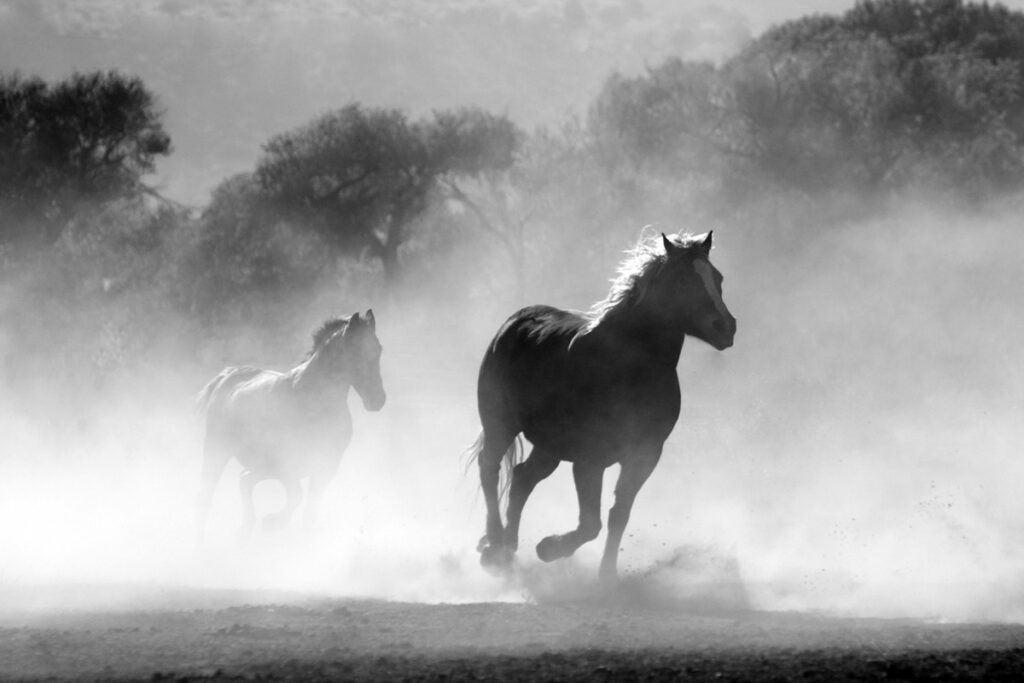
Horses cannot understand words related to human concepts like “vacation”, “work”, or “homework”. These words are beyond their understanding, as they are tied to human culture and activities, which don’t have meaning to a horse. They respond more to things like food, play, or walks—things that are more immediately relevant to their daily lives.
Conclusion

While horses may not fully grasp human language, they are incredibly intuitive and able to respond to specific commands and cues. They understand words that are clear, concise, and repeated with positive reinforcement. By focusing on training them with simple, direct commands like “walk”, “whoa”, or “back”, you can form a deeper connection with your horse and communicate more effectively. Understanding what your horse can and cannot comprehend will make training easier, and it will also strengthen the bond you share as you work together to communicate through actions and words.

